A recent ruling by a branch of Iran’s Supreme Court has not only crushed hopes of appeal for Siamak Namazi and Baquer Namazi, the jailed Iranian-American son and his father, but has also exposed the contradictions in Iran’s unjust and legally baseless persecution of the Namazis and other Iran-US dual nationals.
Siamak Namazi was arrested in September 2015 on charges of “collaboration with a hostile government.” Baquer Namazi, who is in his 80s and reportedly suffers from heart problems, flew to Iran the following February to help his son, only to be arrested on similar charges. Both Namazis were convicted in October 2016 and sentenced to ten years in prison. Their first appeal was dismissed in 2017; now, it has emerged, their appeal to the Supreme Court itself was rejected in August of last year.
Siamak Namazi wrote a 2013 op-ed for the New York Times criticizing the effect that US sanctions were having on Iran. He also made efforts, especially when in Iran, to relieve the medication shortages caused by sanctions. His efforts eventually saw him (and his father) arrested – on charges that outside observers and human rights defenders say are baseless. Now the Namazis face nearly a decade more in prison.
A research note by Jared Genser of Perseus Strategies, released yesterday, highlights how the rejection of the Namazis’ appeal has created a “positional” conflict in Iran’s legal and political stance both at home and abroad.
Branch 33 of the Supreme Court, which rejected the latest appeal, did so on the basis that the United States is a “hostile government” which leaves American-Iranian dual nationals vulnerable to charges and conviction of “collaboration” with the US government against the Islamic Republic of Iran. The justification for seeing the US as “hostile” is, according to the Branch 33 ruling, the “oppressive sanctions against the great people of Iran which recently has been reimposed” by the United States.
Branch 33 is not, however, the only source of legal opinions within the Iranian judiciary. And other authorities in Iran have been playing a different tune – meaning that a delicate balance between Iran and the US can be upended if the new ruling holds.
A different Supreme Court branch (number 36) previously said, in a separate ruling in October 2014, that “no government” is currently in a state of hostility with Iran – and that “political differences” are not the same as outright hostility. Branch 36 even overturned the conviction of a defendant charged with similar crimes as the Namazis because of this interpretation of Iran’s relationship with the United States.
Iran has also asserted the validity of the 1955 Treaty of Amity, Economic Relations, and Consular Rights, the so-called “Friendship Treaty,” in an unrelated filing with the International Court of Justice in July 2018, meaning that Iran’s government does not consider the United States to be a “hostile” government in the same sense as Branch 33 under their own ruling.
All of which means that Iran, with all its anti-American rhetoric, is in fact in a legal and political limbo as to how it actually sees the United States government.
The Islamic Republic must settle these contradictions – opened by its 2018 filing at the International Criminal Court, the overturned conviction by Branch 36 of the Supreme Court and now the rejected Namazi appeal by Branch 33 – not only for the sake of people such as the Namazis but also other Iranians living and working in the United States.
If Iran truly does see the US as “hostile” then it can hardly also claim that the “Friendship Treaty” is valid – which then exposes Iranians and Iranian-Americans working or studying in the US to conviction in Iran under the same law used against the Namazis.
But there is one man who can help resolve the contradictions.
Branch 33 said in its ruling that Iran’s position with respect to the US – whether it is “hostile” or no – lies in the jurisdiction of the National Security Council. The Council is headed by President Hassan Rouhani. The president can therefore resolve the confusion; and, at the same time, he can even help the Namazis secure their freedom.
The president has, according to the Perseus research note, asserted in the past his “desire to help the Namazis and other detained dual nationals” while at the same time insisting on Iran’s constitutional separation of the judiciary and the executive.
Branch 33 has called Rouhani out by acknowledging the Security Council’s jurisdiction in deciding how to treat the United States – so all that remains is whether Rouhani himself is hostile or honourable.
visit the accountability section
In this section of Iran Wire, you can contact the officials and launch your campaign for various problems




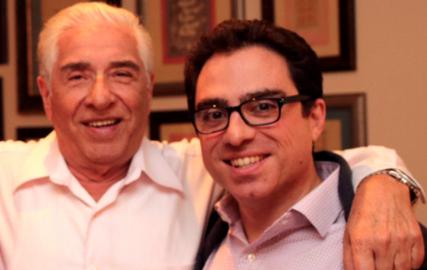

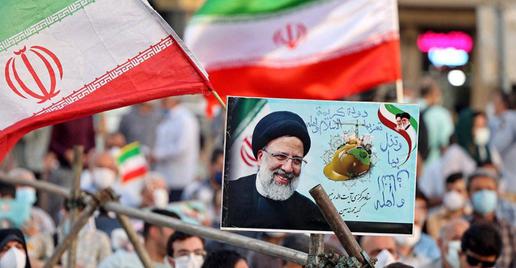




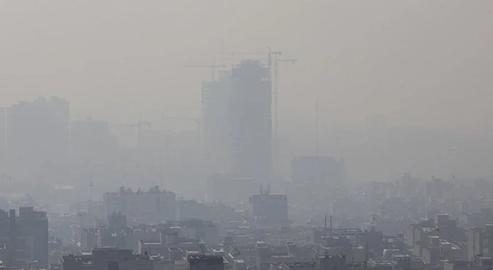
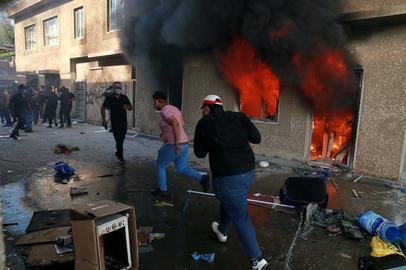


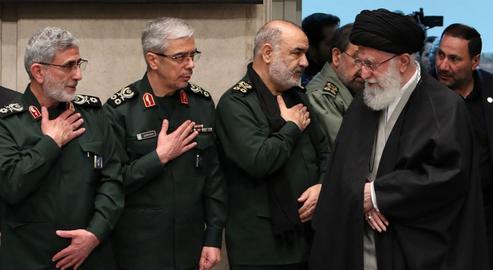
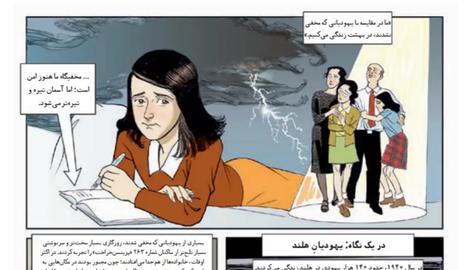


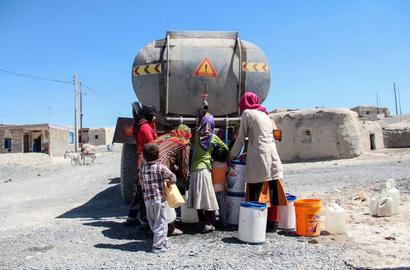
comments